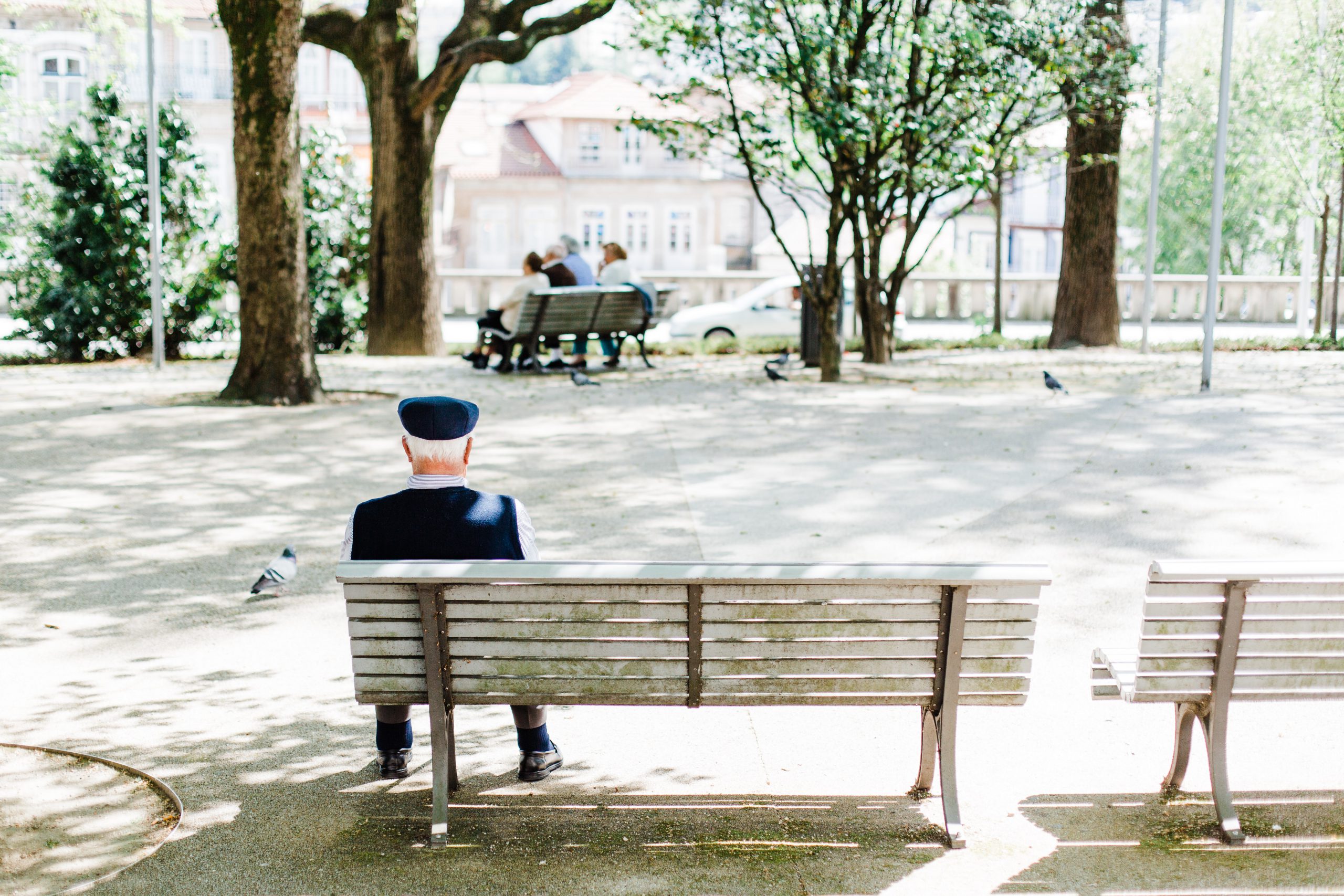Isolation or Solitude? Senior Edition
“It’s very quiet”, said an elderly person. “Too silent”, said another. I am used to living in a large family, full of fun, lively talks, arguments, and so on.
For others, complete silence might be just bliss, peaceful, healing, and even empowering.
When it comes to noise, voice, and speech or music, we can say without hesitation is that we are each very unique during isolation or solitude. Neither is always pathological.
During my years in geriatrics, I have come to realize the value and opportunity that each situation presents and, in turn, opens our blinders to what in the community is a “norm” or not.
Having seen people living in isolation cut off from the outside world, or craving for solitude, one begins to understand a preference for each way of life.
Here are some pointers on isolation, solitude, and silence in the world of geriatrics:
- Isolation can be beneficial or harmful depending on circumstances and the individual.
- To understand isolation, one had to understand the elderly very well, taking into consideration cultural differences, heritage, early childhood, community, and more.
- Helping an elderly who has self-isolated for many months or even years needs a comprehensive geriatric assessment and further ongoing management
- Entering a lonely elderly’s life includes humility, self-introspection, trust-building, and promoting hope and possibilities!
- The ability to help someone cope with isolation and to be able to have a normal conversation and life will not be possible instantly. Isolation can sometimes be the only source of comfort for that person.
- Isolation in pandemics can add further stress to the lives of the elderly who prefer living in isolation.
- Solitude is necessary for every human being at some time in their daily lives.
- Solitude can be very beneficial at times, and the elderly can be introverted or even ambivert.
- Older adults wanting to live in their own homes despite their decline in any way, most often crave this solitude and are afraid of losing their personal freedom and peace.
- Losing one’s solitude can cause morbidities and mortalities, hence caution must be exercised in confronting an elderly with a preference for being alone.
- Most of the negative beliefs surrounding geriatric isolation and solitude are our own shortcomings and inabilities to comprehend someone else.
While there is no golden rule that helps us socialize, the elderly do have a voice and choice, as well as middle aged adults. A society is composed of individuals of all types and the ability to seek deeper answers might be the right path.
While I have personally seen many active older adults who preferred solitude, there is also a concern about health care and the ability to seek care at the right time.
My cozy living (or “miHygge”) can be found in simple peaceful, lives…these are our life’s simple pleasures. While we will be highlighting this in many other future educational blogs in ways that we have not thought about, seen, or understood.
We would love to know your thoughts, insights, input on what it means in your world when you see an elderly who prefers isolation or solitude.
HYGGE AIM, Inc dba mihygge
Copyright 2020
